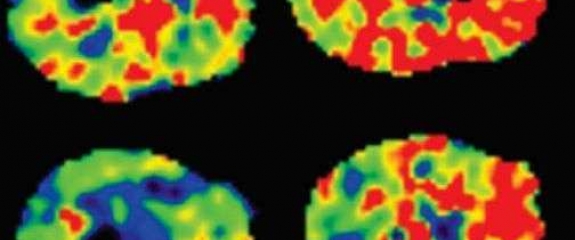Researchers provide first evidence of how obstructive sleep apnea damages the brain

UCLA researchers have reported the first evidence that obstructive sleep apnea contributes to a breakdown of the blood–brain barrier, which plays an important role in protecting brain tissue.
The discovery, reported in the Sept. 1 issue of the Journal of Neuroimaging, could lead to new approaches for treating obstructive sleep apnea, which affects an estimated 22 million American adults. The disorder causes frequent interruptions in breathing during sleep because the airways narrow or become blocked.
The blood–brain barrier limits harmful bacteria, infections and chemicals from reaching the brain; studies have found that compromised blood-brain barrier function is associated with significant brain damage in stroke, epilepsy, meningitis, multiple sclerosis, Alzheimer's disease and other conditions.


